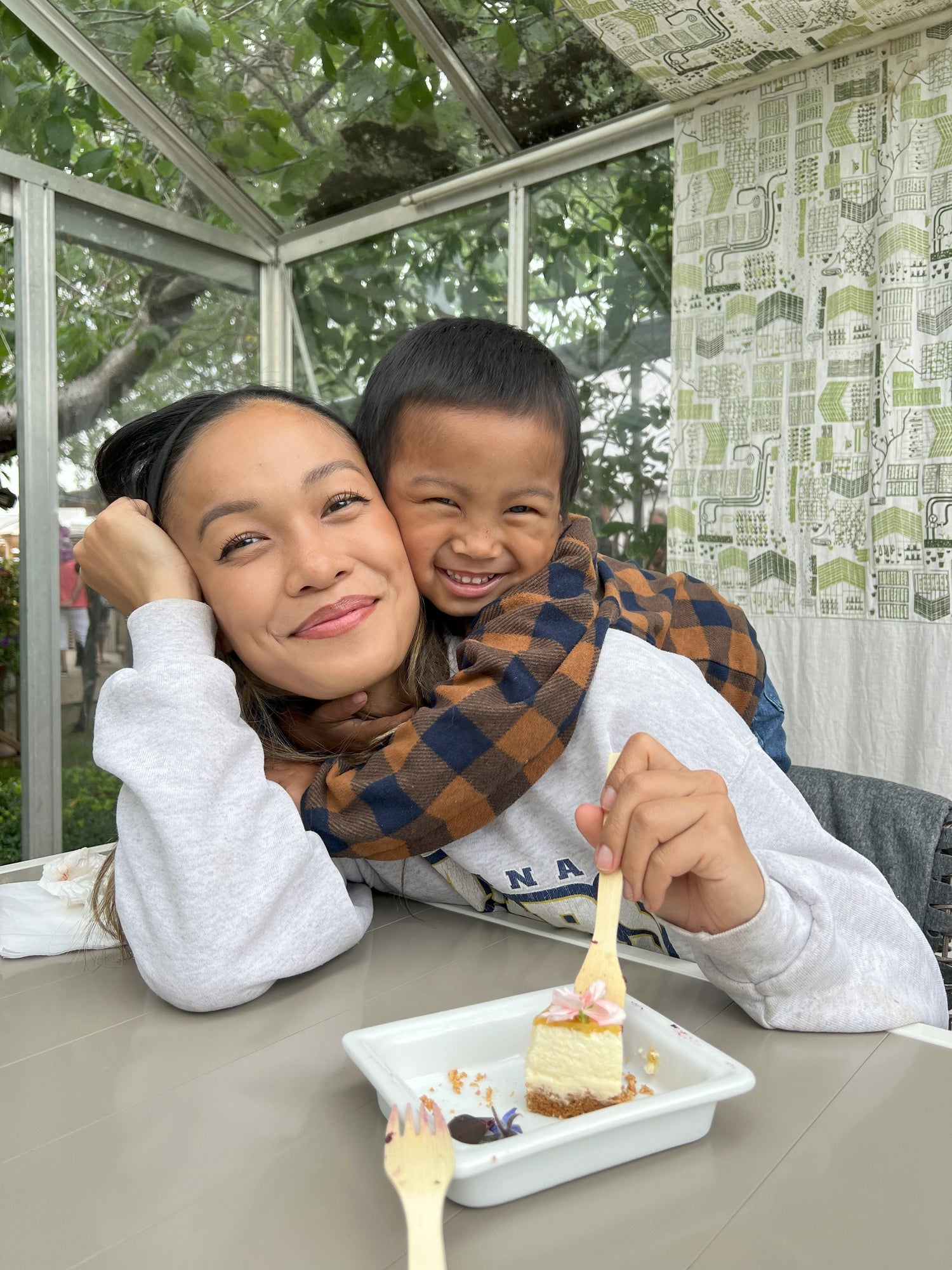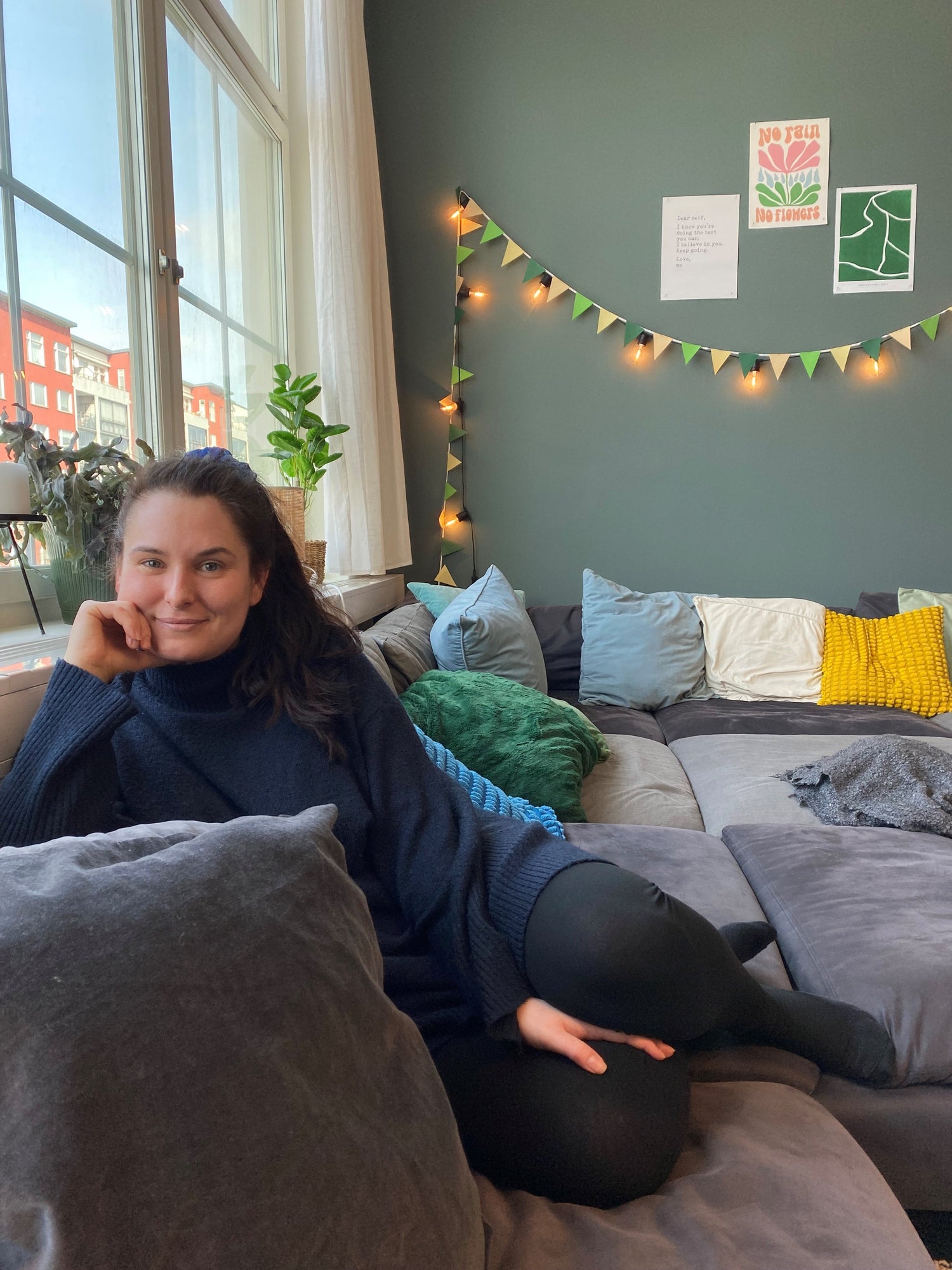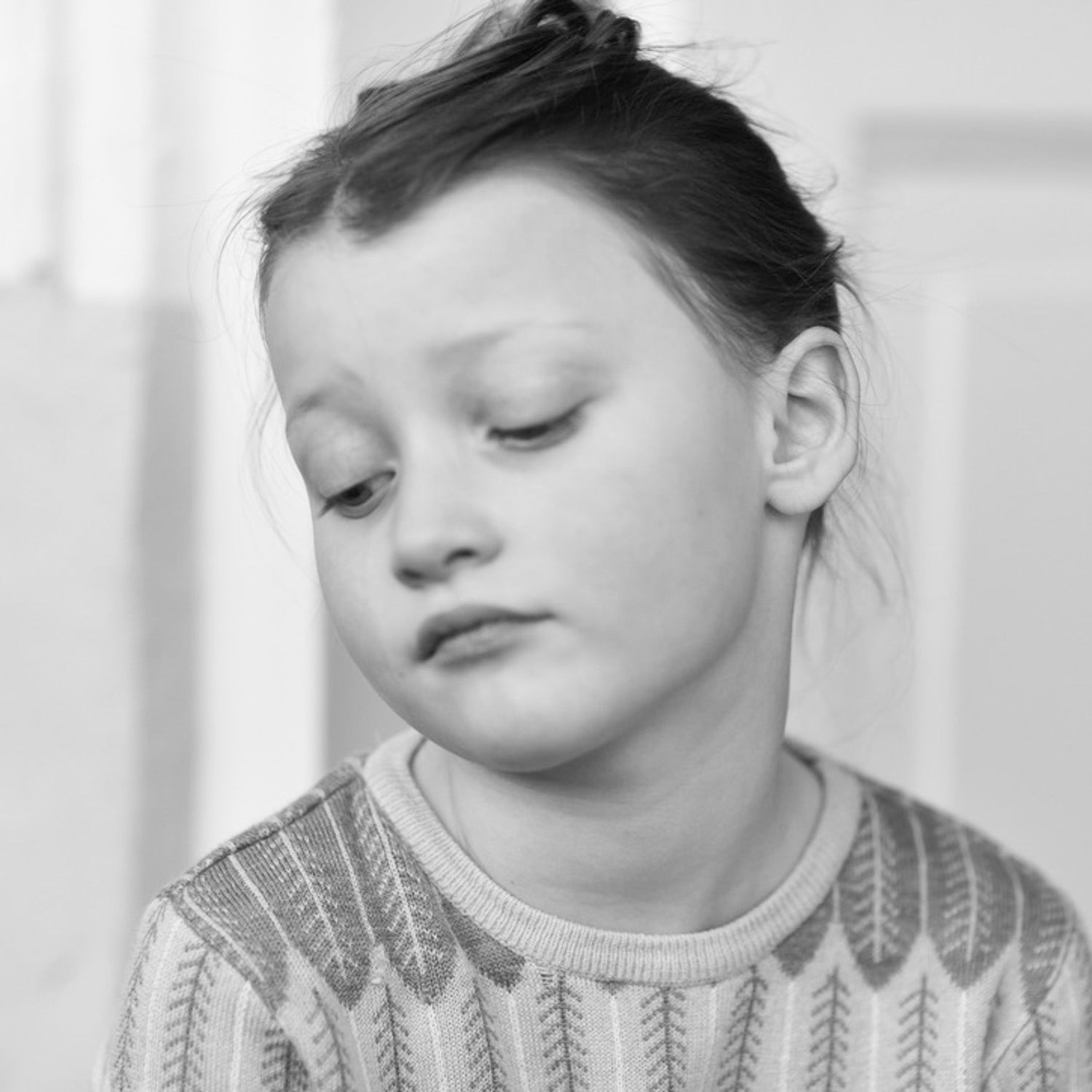This week you will find us at the SETT days (Scandinavian Education Technology Transformation). So much fun and incredibly rewarding to meet people and talk about what we do! We ourselves know how important it is to teach children to talk about feelings early, but when I stand and talk about it for a whole day at a fair, it hits me again: it's more than important! It can make all the difference.
Petra Krantz Lindgren - about teaching children to talk about feelings
Read Petra Krantz Lindgren's incredibly wise text on the subject below!
"Imagine if all adults understood this!
When I was little, I got help from my parents when I experienced strong, and scary, feelings. They picked me up, rocked me, patted me and talked soothingly. - Oh! The dog barked and then you got scared? Do you want to hold my hand and we'll pat it gently together? - You wanted to watch more TV and then I decided it was time to turn it off and then you were very sad. - You had built a brick house and then Pierre ran over it so that it collapsed and now you are both angry and sad. Do you want to sit here with me for a while and hug or would you rather be left alone?
Gradually I began to understand what I was experiencing, I was given words to express it and strategies to regulate the emotions and calm myself. But even today, it happens that I end up in situations where emotions take over and I react instinctively. When I see a viper on the path in front of me. When I learn that a loved one is seriously ill. When the fire alarm goes off in the middle of the night. Then my "primordial brain", the amygdala, reacts with fight or flight (or, if neither of these possibilities exist, with "freezing into ice").
Not all children receive the same help during their upbringing that I - and hopefully you - received. Some children's "important adults" have their own problems and simply cannot manage to focus on the child. They may have difficult and unprocessed experiences from their own childhood, mental or physical illness, addiction problems, major financial difficulties or live in a violent relationship. When the adults do not help the child to understand and regulate his own emotions, it becomes very difficult, if not impossible, for the child to develop these abilities. Much of what the child experiences in the body (waves of fear, shame, anger, etc.) remains incomprehensible and terrifying and the child continues to react with his primitive brain: fight or flight. Attack or retreat. When adults meet a child like this, in pre-school and school, in leisure activities and care, they are often stunned and dismayed by the child's strong reactions. She seems to react to the smallest thing! Has insane emotional outbursts, locks himself in, runs and hides, fights. Often the child claims that no one cares, that "everyone hates me" or that "the others are idiots". How can she not understand that it is her own behavior that gives rise to the social isolation?!
From this wonder in the adults, an ambition to explain is born. The child needs to understand what consequences her behavior has for others! She obviously also needs help to understand how she should behave. Therefore, the adults talk to the child. Tells how the other children react when she gets angry, screams and fights or runs away. Gives suggestions on what the child can do instead. And the child often agrees. Every now and then she understands what the adults mean. Three minutes later, someone bumps into her in the corridor. Or she thinks she sees a sneer from another child. Or she trips on the stairs and hits her knee, while being overcome with shame when she notices that several other children saw what happened. Boom!!! The signal "danger" is picked up. Amygdala takes over. A survival reaction is activated. The result: Attack or defense. Screaming, pushing, punching, verbal attacks. Or slam doors, lock yourself in the toilet, climb a tree. We adults can declare ourselves blue and exhausted. It just won't help! We talk to "the conscious brain", but it is not the one that has the power when the child experiences a, for her, great threat. (Which she often does. After all, no one has taught her – by repeatedly naming, explaining and reassuring – to differentiate between different threats, understand her own reactions and regulate her emotions.) When something arouses fear, it is the primitive brain that responds. Other parts of the brain – the parts that the adult previously reasoned with – are temporarily disconnected. We really want the child to understand! Their reactions. What consequences her reactions have. How she can do instead. But we can't start there. By explaining. We ourselves must begin by understanding! Understand the child. Her situation, conditions and needs. Then hopefully - with great patience, a lot of empathy, respect, honesty and trust - we can help her understand herself. Only then are there conditions for the child to understand others, to regulate their emotions and react differently.
Proper reprimands. Pure expletives. Threats and punishments. You get it, right? The solutions that are often called for when the kids are "obnoxious" in the soccer team, "ill-mannered" in the dining hall, "unempathetic" to the feelings of others or destructive to other students in the classroom. Those solutions are often doomed to failure. A child simply cannot understand other people or regulate her emotions until she is helped to understand herself.
*Edit*: I have understood that some readers interpret the text as meaning that all forms of disturbing behavior in children can be explained by problems in the relationship between the child and the parent. That's not what I'm saying. Children are different and of course there is more than one reason why children behave in ways that are perceived as disturbing or challenging by the environment. What I am saying is that when a child's "important adults" are unable to help the child understand and regulate their emotions, it has long-term negative consequences for the child that can show up in the form of "disturbing" behaviors. Scolding, threatening and punishing those children is doomed to failure in advance. (The same certainly applies to all other children as well, but for partly different reasons.)”
https://petrakrantzlindgren.se/2016/08/23/tank-om-alla-vuxna-fattade-det-har/
Also read on a similar theme HERE.





